A Lunar-Like Terroir
Famous for its lunar-like landscapes and the product of repeated volcanic eruptions, Lanzarote is the easternmost island of the Canary archipelago and the closest to Africa. On its dark soils, covered by volcanic ash, some of the most curious viticultural practices on the planet are carried out, resulting in truly unique wines.
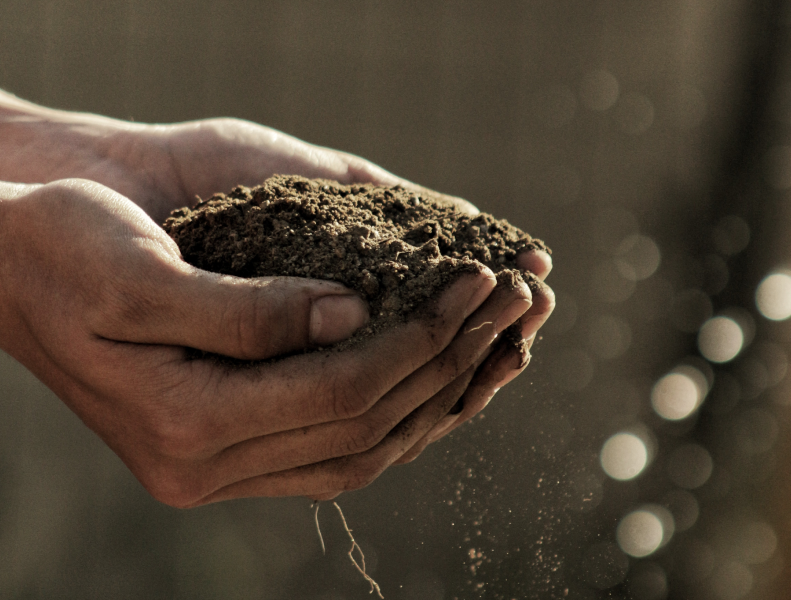
Soil
The soils of Lanzarote are covered by lapilli or picón – volcanic ash – that has covered the surface of the island since the…

Climate
Subtropical, Mediterranean and semi-arid with a large diurnal range. Rainfall is typically 150mm per year and mostly…
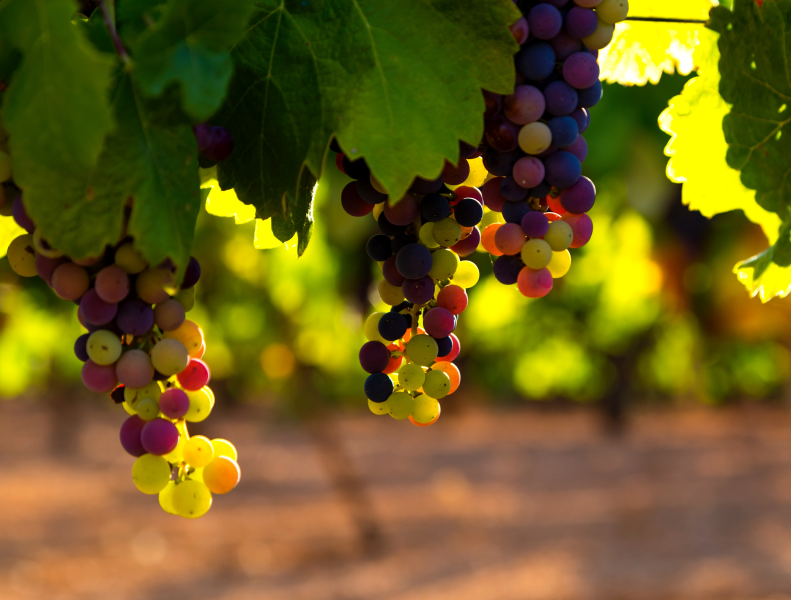
Grape Varieties
Malvasía Volcánica is the most commonly planted white grape on Lanzarote, producing an array of wine styles including dry…
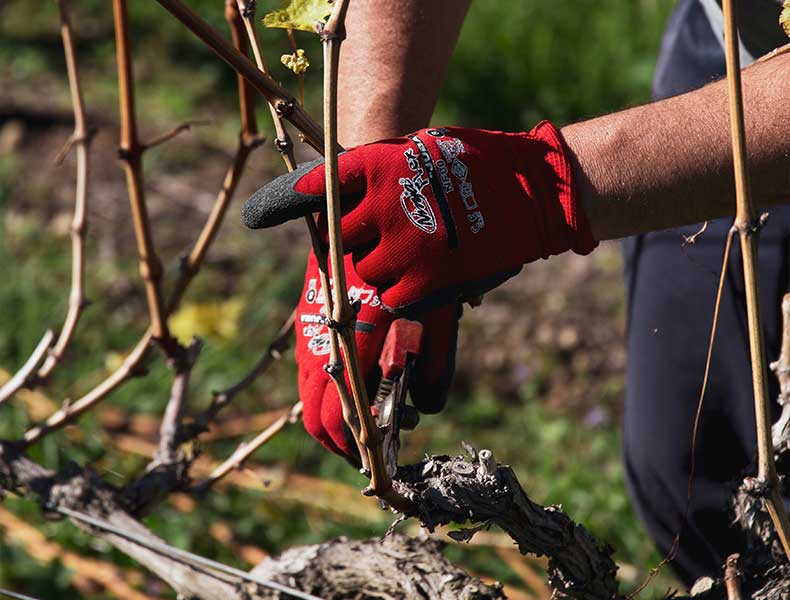
Viticulture
The unique challenge of viticulture in Lanzarote is due to the thickness of the Lapilli layer on the vineyard soils…
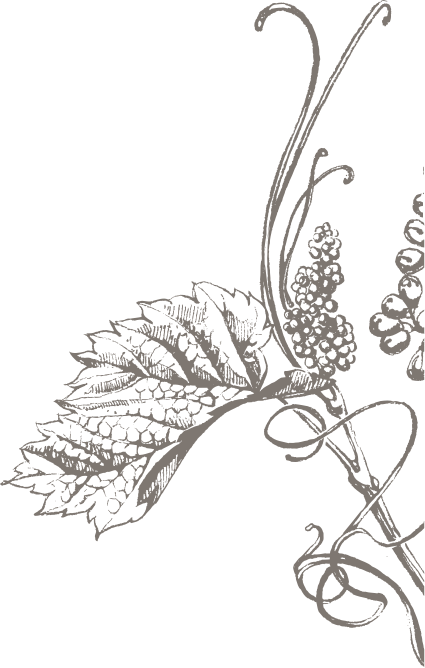

Soil
The soils of Lanzarote are covered by lapilli or picón – volcanic ash – that has covered the surface of the island since the eruption of Timanfaya in 1706. In the north of the island this layer reaches 30 cm deep and up to 2 metres in the more central regions. Under the picón are layers of clay and sand.
Climate
Subtropical, Mediterranean and semi-arid with a large diurnal range. Rainfall is typically 150mm per year and mostly concentrated in autumn while the harvest itself is dry and hot. As there are no natural barriers between the island and the ocean, cloud cover is common, which adds to the general level of humidity.

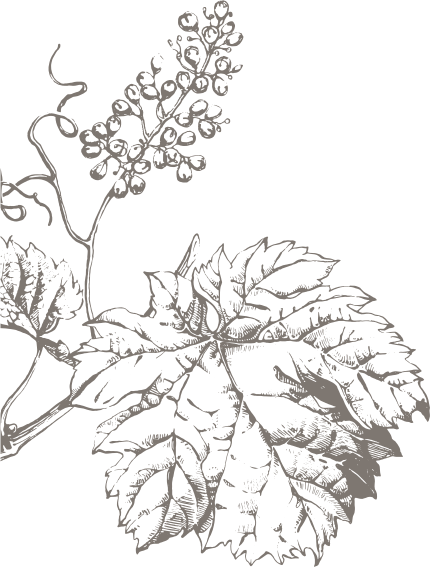
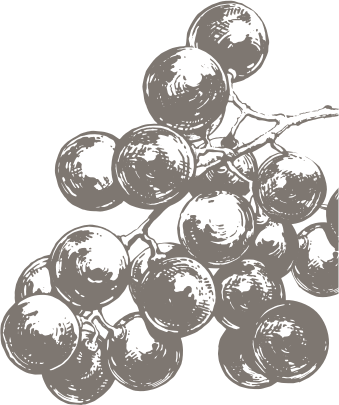

Grape Varieties
Malvasía Volcánica is the most commonly planted white grape on Lanzarote, producing an array of wine styles including dry, off-dry, sweet, sparkling, aged wines and even liqueurs. Other planted grape varieties include: Listán Blanco, Moscatel, Diego, Burra Blanca, Breval, Pedro Ximénez, Listán Negra and Negramoll. Red and rosé wines are also produced.
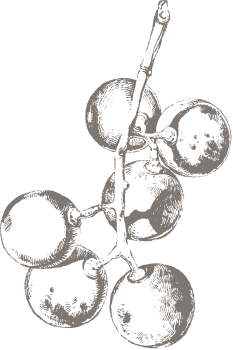
Viticulture
The unique challenge of viticulture in Lanzarote is due to the thickness of the Lapilli layer on the vineyard soils, since winegrowers must dig until they find a topsoil where it´s possible to plant. Semi-circular walls are then built around these trenches to protect the vines from the strong winds.
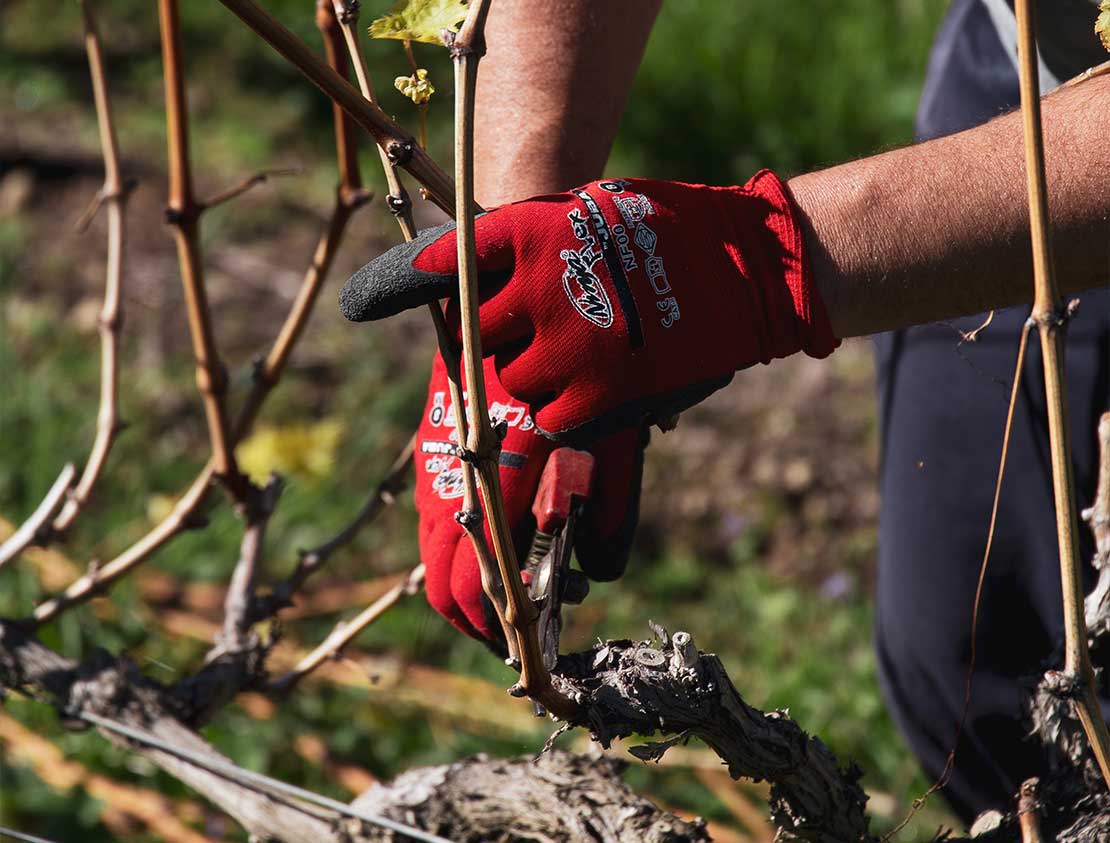
Main Grape Varieties in Lanzarote
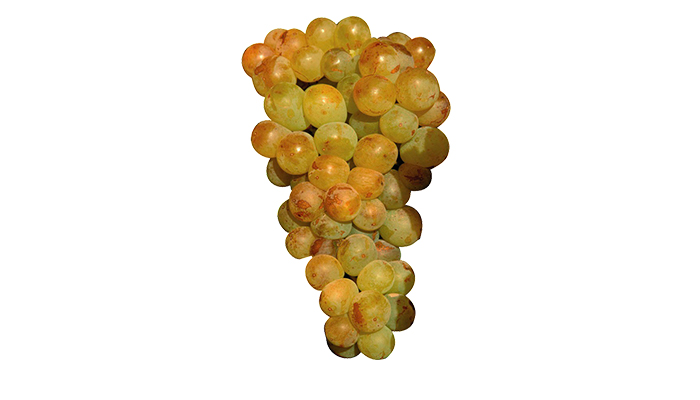
MALVASIA VOLCANICA
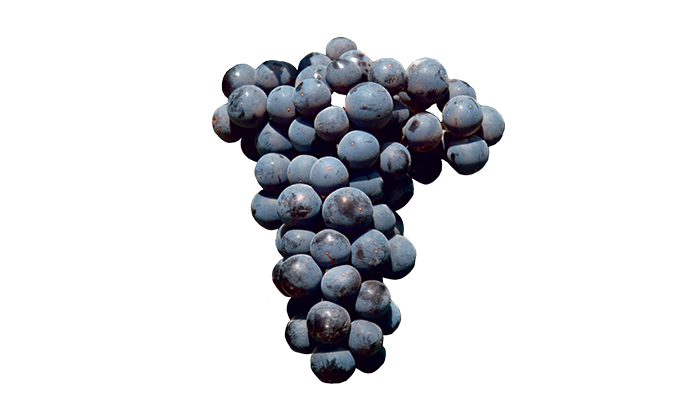
LISTÁN NEGRO
Commonly confused with Listán Prieto, studies show that Listán Negro is actually a natural crossing of Mollar Cano and Palomino Fino. The most planted red variety in the Canary Islands, Listán Negro has a natural affinity with the soils and micro-climates of Tenerife, where it produces strong yields of ripe grapes on its volcanic soils.
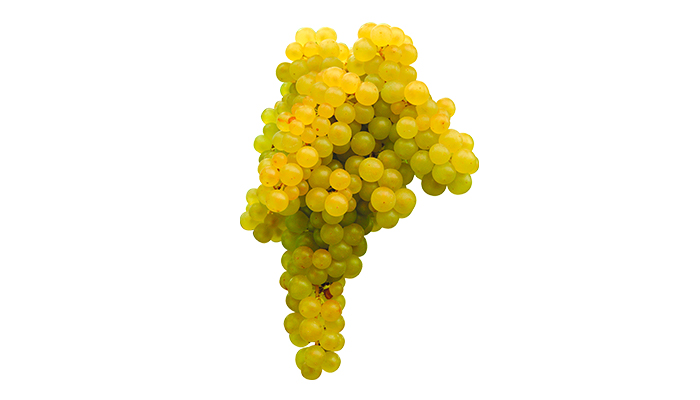
LISTÁN BLANCO




| The management of the DOP ISLAS CANARIAS carried out by AVIBO is partially financed by the Government of the Canary Islands with funds from the expenditure budget of the Instituto Canario de Calidad Agroalimentaria |
 |
| Member of the Spanish Wine Federation |
 |
Copyright 2021 DOP Islas Canarias - Canary Wine - Aviso Legal - Política de Cookies - Política de Privacidad


